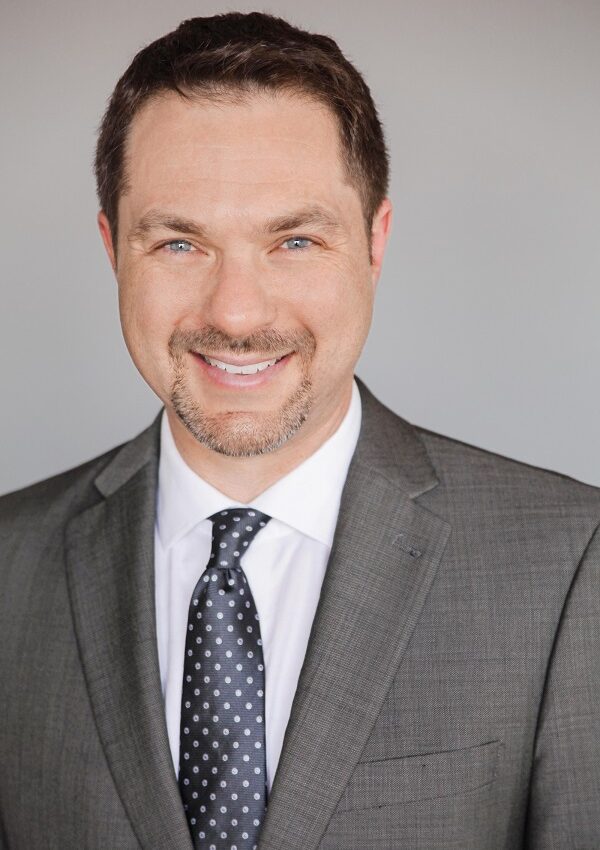Witnesses Could Be Involved in DUIs Either as Passengers in the Car or Observers of an Incident
Many times in a DUI case, we have witnesses, percipient witnesses. We have witnesses that are not directly involved and sometimes they are directly involved with a DUI case. Some witnesses we have will be in a car with someone who is arrested for a DUI. Other times, witnesses may be another driver who called 911 or may be somebody else who was involved in an accident that would be a witness to what happened.
Many times in a DUI case, we will have our client who was arrested but will also have friends with them in the car who saw everything that happened that night. So witnesses can be with someone who is arrested before anything ever happened: at the restaurant, at the bar, or in the car. They will be able to explain to us and to a district attorney what the driving was like. Usually the witness’s ability to testify is limited to that driving and what happened out in the field by the cars.
Once somebody is arrested, there is usually not another witness around other than the police officer. The witnesses can be very useful in defending a DUI case both in court and at the Department of Motor Vehicles. Witnesses can be biased because they can be friends or loved ones and they can be unbiased people too.
Unbiased, Third Party Witnesses Can Be Very Helpful to a DUI Case
Witnesses can be people just standing around who have no relation to what happened. Getting third party, unbiased witness statements can make a huge difference in how a case is handled and how a case is resolved in court.
Medical Providers Can Be Effective Witnesses
The best type of witness is one that is unbiased or has no real concern over the outcome of the case. So we see unbiased witnesses oftentimes as a medical treatment provider, an EMT or a doctor that has gone through the scene or at the hospital that would do an evaluation. If a doctor were to review a person or do an intake and evaluate them for their medical conditions and write the report, that could be very powerful information.
So a police officer may say that someone smells like alcohol and appears to be intoxicated for purposes of driving. But then when the person is transported into the hospital for a blood test or evaluation by a nurse and a doctor, we see the nursing notes and doctor notes. They may write that they did not smell the odor of alcohol or see any signs of someone being impaired.
Medical Providers Can Be Called by the DMV and Are Considered Credible Witnesses
They can be called to court or to the hearing at the Department of Motor Vehicles as a witness, and those are going to be very strong witnesses. They are going to be very credible. They see this type of thing all the time: people are brought in on various charges, but their focus is on medical treatment.
They tend to write accurate medical reports and that can make a big difference in a case by having very strong, very positive witnesses who are very credible. Doctors are typically viewed as very credible witness in court and at the DMV.
Relatives That Were Passengers in the Car Can Also Provide Information about the Defendant’s Driving Ability at the Time of Arrest
On the other hand, we may have witnesses such as a wife or a husband or another loved one who is in the car. Oftentimes they are able to provide good quality accurate information about a situation. They can describe their comfort with the person’s driving at the time. This gives weight to the fact that they would not get in the car and drive with someone who is impaired.
They may be able to also be a witness as to what the person had to drink, how much, how little or how they did on field sobriety test from what the person could see. Because they are a loved one, there is an amount of bias associated with their accounts, such as trying to protect the driver.
DUI Case History: Individual Arrested for DUI When They Are NOT Driving the Vehicle
I have actually tried a few cases successfully in court where somebody is arrested for driving under the influence but they did not, in fact, drive. This is what would commonly be referred to as a No Drive defense. That is where somebody is in their car or near their car or around their car, and the officer believes that they drove and when they drove, they were impaired. But where there is issue is with the proof that the person actually drove.
In one case in the courthouse in San Fernando, my client was outside of his pickup truck that was parked at the side of the road, and he was impaired. He was drunk, but he was not seen driving by the police officers. There was a party going on at his friend’s house and he had been there. He had been there during the day.
He had left and then came back and at some point, his truck was involved in an accident but nobody could really figure out who was driving the truck when it was involved in the accident. It was unclear when the accident took place and where exactly the accident took place.
So when the police officers came out to the party on a sound disturbance call, they found him with the truck, they decided to arrest him for driving under the influence. The problem is that they could not establish or prove when the driving took place, when the accident took place, and who was driving the truck.
What looked like a very strong case to the prosecution in the beginning based on the police report fell apart when we got into court in the trial. This is because the witnesses that needed to testify for the prosectution were not law enforcement witnesses. They were not police officers who were going to say, “I saw him driving.” The witnesses were people at the party and those people were impaired themselves. Some of the people had actually been sleeping and the jury decided the prosecution could not prove beyond a reasonable doubt what had happened. They found my client not guilty of all charges.
A No Drive situation like that actually happens more than you would think. I have had a few cases where an individual is asleep in their car and they may be impaired but they are not driving. I have had a lot of success both through negotiating and through jury trials in getting some great deals, some acquittals and not guilty cases dismissed as well.
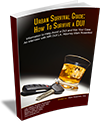

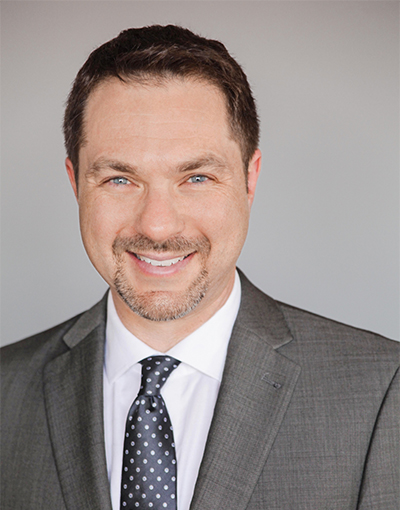
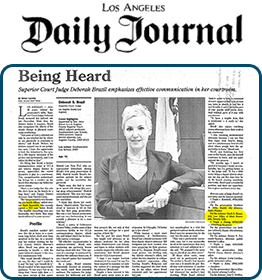
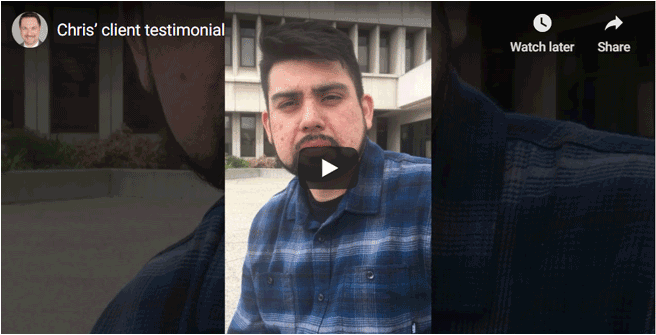

 Personal Attention
Personal Attention Every criminal case is unique and no attorney can guarantee the outcome of a case. The information on this site is legal advertising and for general information only. Using this site, requesting books, information, consultations or communicating with Attorney Rosenfeld through its site does not form an attorney/client relationship.
Every criminal case is unique and no attorney can guarantee the outcome of a case. The information on this site is legal advertising and for general information only. Using this site, requesting books, information, consultations or communicating with Attorney Rosenfeld through its site does not form an attorney/client relationship.
